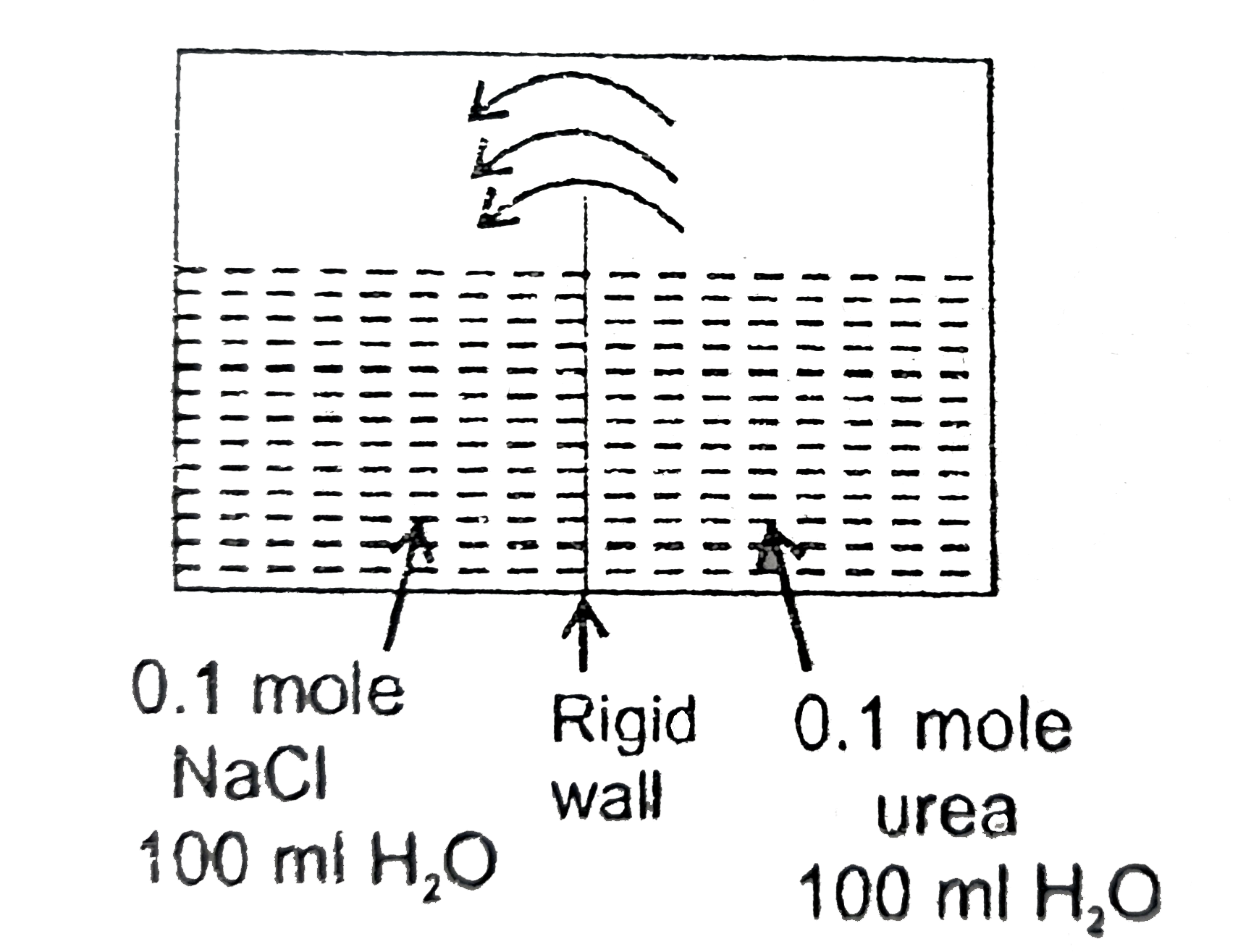What is the residual volume?
Step-by-Step Solution:
1. Definition of Residual Volume: Residual volume is defined as the amount of air that remains in the lungs after a person has exhaled as much air as possible. It is the volume of air that cannot be voluntarily expelled from the lungs.
2. Measurement Context: This volume is measured at the end of maximal exhalation. This means that after you breathe out all the air you can, there is still some air left in your lungs.
3. Importance of Residual Volume:
- Prevention of Lung Collapse: The residual volume is crucial because it prevents the lungs from collapsing completely. If the lungs were to empty completely, they could stick to the chest wall and collapse.
- Gaseous Exchange: Even when we have expelled most of the air, the residual volume allows for continuous gaseous exchange. This means that oxygen can still enter the blood and carbon dioxide can be removed, even after maximal exhalation.
4. Conclusion: In summary, residual volume is the air left in the lungs after exhalation, which plays a vital role in lung function and respiratory efficiency.
---
- Prevention of Lung Collapse: The residual volume is crucial because it prevents the lungs from collapsing completely. If the lungs were to empty completely, they could stick to the chest wall and collapse.
- Gaseous Exchange: Even when we have expelled most of the air, the residual volume allows for continuous gaseous exchange. This means that oxygen can still enter the blood and carbon dioxide can be removed, even after maximal exhalation.
Topper's Solved these Questions
- BREATHING AND EXCHANGE OF GASESBOOK - ICSECHAPTER - BREATHING AND EXCHANGE OF GASESEXERCISE - REVIEW QUESTIONS (SHORT ANSWER TYPE QUESTION)
5 Videos
- BREATHING AND EXCHANGE OF GASESBOOK - ICSECHAPTER - BREATHING AND EXCHANGE OF GASESEXERCISE - REVIEW QUESTIONS (LONG ANSWER TYPE QUESTIONS)
8 Videos
- BREATHING AND EXCHANGE OF GASESBOOK - ICSECHAPTER - BREATHING AND EXCHANGE OF GASESEXERCISE - REVIEW QUESTIONS (DIFFERENTIATE)
8 Videos
- BODY FLUIDS AND CIRCULATIONBOOK - ICSECHAPTER - BODY FLUIDS AND CIRCULATIONEXERCISE - DIFFRENTIATE BETWEEN
13 Videos
- CELL - THE UNIT OF LIFEBOOK - ICSECHAPTER - CELL - THE UNIT OF LIFEEXERCISE - REVIEW QUESTIONS (LONG ANSWER TYPE QUESTIONS)
14 Videos
Similar Questions
Knowledge Check
Residual volume is
AGreater than vital capacityBGreater than tidal volumeCLesser than tidal volumeDGreater than inspirationWhat is the ratio of volume of atom of the volume of nucleus?
A1010B1015C1020D1025

What is the final volume of both container.
View SolutionA mixture of 15 ml of CO & CO2 is mixed with V ml (excess) of oxygen and electrically sparked. The volume after explosion was found to be (V+12) ml. What would be the residual volume if 25 ml of the original mixture is exposed to an alkali?
View SolutionTidal Volume and Expiratory Reserve Volume an athlete is 500 mL and 1000 mL respectively. What will be his Expiratory Capacity if the Residual Volume is 1200 mL?
View SolutionWhich of the following disorders results in increased residual volume?
View SolutionA mixture of CO and CO2 having a volume of 30 mL is mixed with x " mL of " O2 and electrically sparked. The volume after explosion is (20+x) mL under the same condition. What would be the residual volume if 45 " mL of " the original mixture is treated with aueous NaOH?
(a). 10 mL
(b). 20 mL
(c). 30 mL
(d). 50 mL
View SolutionIf expiratory reserve volume is 1100ml residual volume is 1200ml and tidal volume is 500ml , what shall be the functional residual capacity
View Solution
